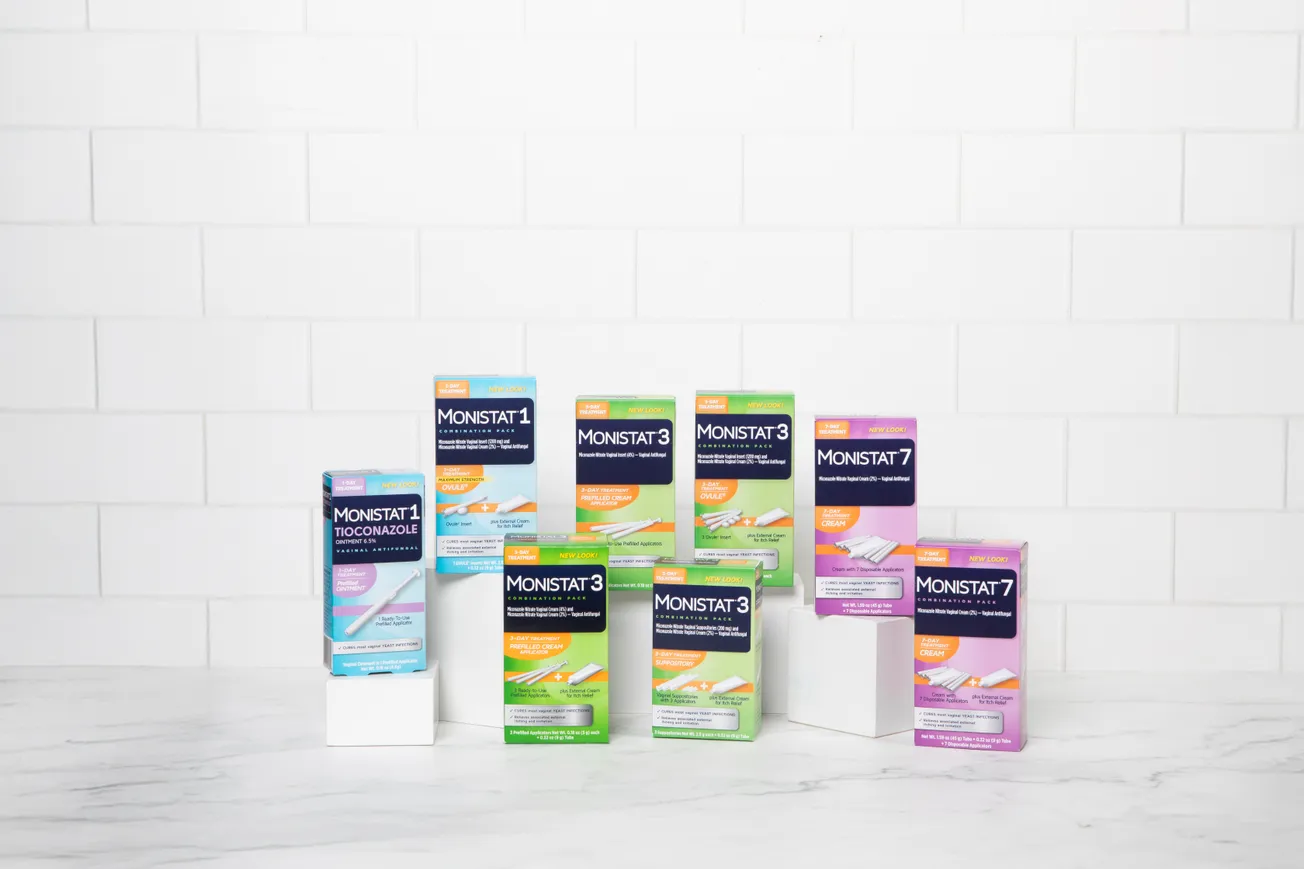ALEXANDRIA, Va. — Congressional approval of President Obama’s budget proposals to increase Tricare beneficiary out-of-pocket expenses would force patients away from community pharmacies and into mail-order programs, the National Association of Chain Drug Stores says.
In comments submitted late last month to the Senate Armed Services Subcommittee on Personnel, NACDS urged the adoption of policies that control spending while preserving patients’ choice of and access to pharmacies. The subcommittee is scrutinizing the proposed 2013 defense budget.
NACDS has called the White House’s plan to roll back the medications that Tricare beneficiaries can get from a community pharmacy “draconian,” saying it would increase cost sharing by as much as $34 for a 30-day supply of medications from a retail pharmacy.
“In addition to unfairly penalizing Tricare beneficiaries who prefer to use local pharmacies, NACDS believes this proposal is penny wise and pound foolish,” the association said in written comments to the subcommittee.
“Threatening beneficiary access to prescription medications and their preferred health care provider will only increase the use of more costly medical interventions, such as physician and emergency room visits and hospitalizations,” NACDS said.
Instead of hampering Tricare beneficiary access to health services provided at community pharmacies, the association said lawmakers should explore other policies to reduce costs without negatively affecting either pharmacy access or health outcomes.
NACDS noted, for example, that filling more Tricare prescriptions with generics would substantially reduce Department of Defense (DoD) drug expenditures.
“The utilization of generic medications by Tricare beneficiaries is low in comparison with other plans,” NACDS said in its written testimony. “Modest increases in generic utilization by Tricare beneficiaries would have a dramatic impact on the DoD budget.”
In addition, the association suggested that the Defense Department conduct a demonstration project on the effectiveness of medication therapy management in reducing health care costs and improving medication adherence.
NACDS also told the subcommittee that developing a “drug stock replacement” program for community pharmacies and employing so-called depot pricing could lower Tricare’s prescription costs by as much as 30%.




